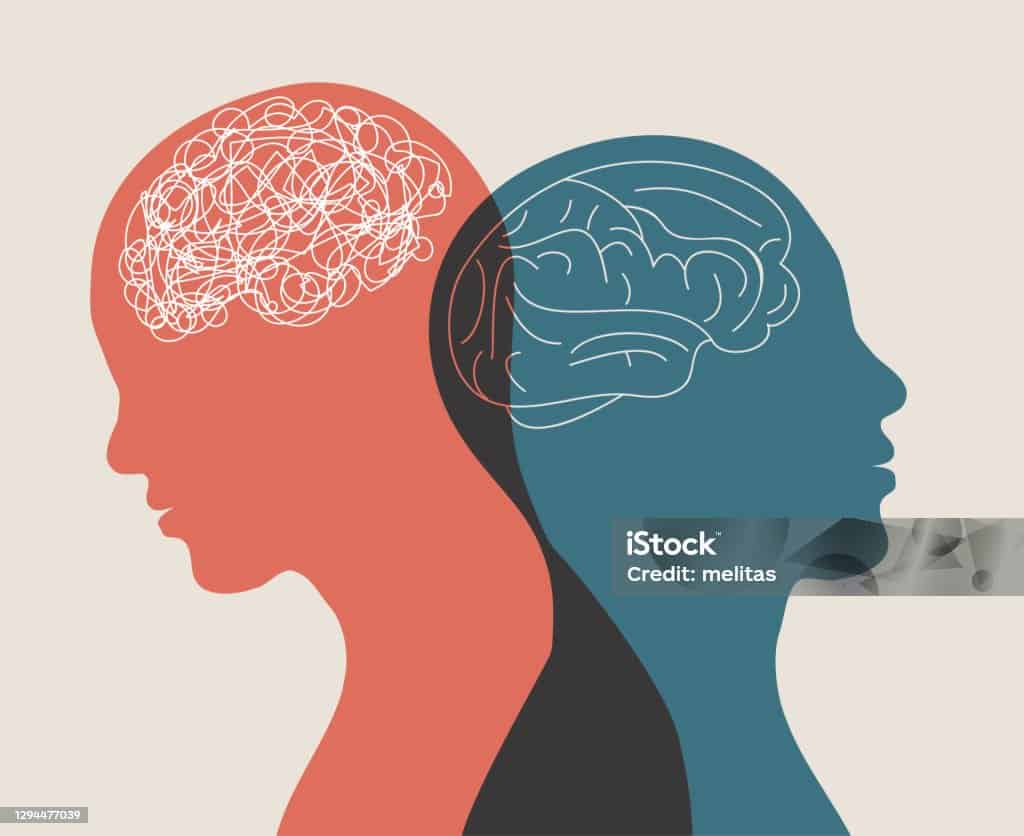Addiction is a complex and multifaceted disorder that affects the brain in numerous ways. Understanding how mental health plays a critical role in addiction and recovery can lead to more effective treatment strategies and better outcomes for those struggling with substance use disorders. In this post, we will delve into the intricate relationship between addiction and the brain, explore how mental health impacts recovery, and highlight the importance of specialized dual diagnosis treatment.
The Brain and Addiction
Addiction hijacks the brain’s reward system, leading to compulsive behaviors and a powerful drive to seek out the substance. It involves changes in brain structure and function that are not easily reversed. Here’s how addiction impacts the brain:
1. Dopamine and the Reward System
Addictive substances increase levels of dopamine, a neurotransmitter associated with pleasure and reward. This flood of dopamine creates intense feelings of euphoria, reinforcing the behavior and making the user want to repeat it. Over time, the brain becomes less responsive to natural rewards, such as food or social interactions, increasing reliance on the substance for pleasure.
2. Brain Structure Changes
Chronic substance use can lead to significant changes in brain structure. Areas responsible for decision-making, impulse control, and emotional regulation, such as the prefrontal cortex, become impaired. This makes it harder for individuals to control their use, even when they know the negative consequences.
3. Tolerance and Dependence
With prolonged use, the brain adapts to the presence of the substance, leading to tolerance (needing more of the substance to achieve the same effect) and dependence (experiencing withdrawal symptoms when not using). These changes further entrench addiction, making quitting without professional help extremely challenging.
The Interplay Between Addiction and Mental Health
Mental health disorders are often closely intertwined with addiction. Conditions such as anxiety, depression, bipolar disorder, and post-traumatic stress disorder (PTSD) frequently co-occur with substance use disorders. This dual diagnosis presents unique challenges and necessitates a tailored approach to treatment. Here’s how mental health impacts addiction and recovery:
1. Self-Medication and Escapism
Many individuals turn to substances as a form of self-medication to alleviate symptoms of mental health disorders. For example, someone with social anxiety might use alcohol to feel more comfortable in social situations, or someone with depression might use drugs to numb emotional pain. While this might provide temporary relief, it ultimately exacerbates both the addiction and the underlying mental health disorder.
2. Worsening Symptoms
Substance use can worsen mental health symptoms, creating a vicious cycle. For instance, while alcohol may temporarily reduce anxiety, it can lead to increased anxiety and depression in the long run. This interplay can make both conditions more severe and harder to treat.
3. Impaired Cognitive Function
Mental health disorders and addiction both impact cognitive function, including memory, attention, and problem-solving skills. This impairment can hinder an individual’s ability to engage in treatment, make healthy decisions, and maintain long-term recovery.
4. Co-Occurring Disorders Require Integrated Treatment
When addiction and mental health disorders co-occur, integrated treatment is essential. This means addressing both conditions simultaneously rather than treating them separately. Failure to treat one condition can lead to a relapse in the other, undermining overall recovery efforts.
The Role of Dual Diagnosis Treatment
Dual diagnosis treatment centers, like Resilience Behavioral Health in Massachusetts, are specifically designed to address the complexities of co-occurring disorders. Here’s how they can make a difference:
Comprehensive Assessment
A thorough assessment is the first step in dual diagnosis treatment, allowing clinicians to identify all underlying issues. This ensures that both mental health and addiction are addressed in a cohesive treatment plan.
Integrated Therapy
Integrated therapy combines techniques to address both addiction and mental health disorders. Cognitive Behavioral Therapy (CBT), Dialectical Behavior Therapy (DBT), and other evidence-based approaches can help individuals develop coping strategies, manage symptoms, and build resilience.
Medication Management
For some individuals, medication can play a crucial role in treatment. Antidepressants, anti-anxiety medications, or medications specifically designed to reduce cravings may be used as part of a comprehensive treatment plan. Proper medication management is vital to ensure that these medications do not interact negatively with each other or with ongoing substance use.
Support Systems
Dual diagnosis treatment programs provide access to support groups, family therapy, and aftercare planning. These support systems are essential for maintaining recovery and preventing relapse. Building a strong support network can provide encouragement, accountability, and a sense of community.
Holistic Approaches
Holistic approaches, such as mindfulness, yoga, nutrition counseling, and exercise, can complement traditional therapies. These practices help individuals reconnect with their bodies, reduce stress, and promote overall well-being.
Get Help Now: RBHs Dual Diagnosis Care in Boston, MA
The connection between addiction and the brain is profound, and mental health plays a pivotal role in both the development of addiction and the recovery process. Recognizing the need for integrated, comprehensive treatment is crucial for achieving lasting recovery.
At Resilience Behavioral Health, we specialize in dual diagnosis treatment in Boston, offering a holistic and individualized approach to help you or your loved one overcome the challenges of addiction and mental health disorders. Our dedicated team of professionals is committed to providing the support and care needed for recovery.
If you or someone you know is struggling with addiction and mental health issues, we encourage you to contact Resilience Behavioral Health today. Visit our website or call us to speak with a compassionate professional who can guide you toward the help and healing you deserve. Your journey to recovery starts here—reach out to us now and take the first step toward a brighter future.


